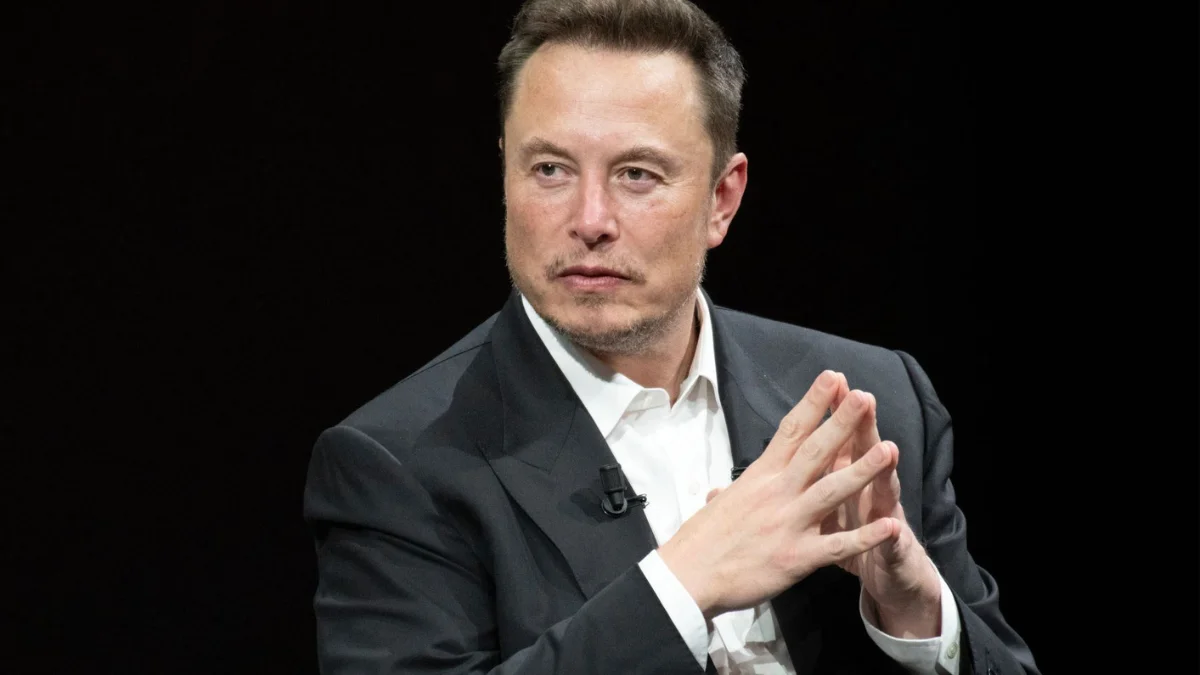Necessary Always Active
Necessary cookies are required to enable the basic features of this site, such as providing secure log-in or adjusting your consent preferences. These cookies do not store any personally identifiable data.
|
||||||
|
||||||
|
||||||
|

In Focus
In a pivotal development, Tesla shareholders are to vote on Elon Musk’s multibillion-dollar pay package during the company’s 2025 annual meeting, according to Reuters. The proposed plan, valued at up to $878 billion, would represent the largest executive compensation package in corporate history, linking Musk’s earnings to a decade-long set of performance milestones.
It was in September 2025 that Tesla proposed a trillion-dollar pay package for its CEO, Elon Musk, and asked investors to approve it. The package forms part of a broader agenda that also includes major Tesla board proposals for 2025 annual meeting items, such as changes to voting thresholds, an investment in Musk’s AI venture xAI, and the introduction of a “political neutrality” policy to guide corporate engagement.
The proposed Tesla pay package Elon Musk is tied to performance metrics, including vehicle deliveries, profitability growth, and market capitalization targets. Reuters reported that the plan envisions Tesla achieving up to 20 million annual vehicle deliveries and a potential market capitalization exceeding $8 trillion over the next decade.
The Tesla governance Musk compensation discussion has drawn contrasting views among institutional investors and governance watchdogs. Some stakeholders argue that Musk’s track record in transforming Tesla, SpaceX, and Neuralink warrants exceptional reward, while others caution against an over-concentration of executive power.
Tesla’s board stated in a proxy filing that the compensation structure “reflects an alignment of leadership incentives with long-term value creation.” However, several investor advocacy groups remain skeptical, questioning whether the goals are realistically achievable given global market dynamics.
Summary of Key Elements in the Proposal:
Beyond Musk’s pay package, Tesla’s 2025 annual meeting will address a series of proposals reshaping its governance framework. One key measure seeks to eliminate the two-thirds voting threshold in favor of a simple majority, potentially increasing management agility in decision-making. Another proposal, advanced by shareholders, calls for Tesla to adopt a formal political neutrality policy overseen by a board committee to ensure objective corporate engagement.
Whereas in other news, recently Norway’s wealth fund voted against Tesla CEO’s proposed pay package on November 4, 2025. The Norwegian sovereign wealth fund’s valuation is approximately $2 trillion, which makes it the largest in the world.
In parallel, the Tesla investment in xAI proposal aims to explore collaboration between Tesla’s automotive and robotics divisions with Musk’s AI startup, xAI. The proposal, however, has not been officially endorsed by the Tesla board. Critics have voiced concerns about potential conflicts of interest, given Musk’s simultaneous leadership roles across multiple companies.
The outcome of the Tesla shareholders to vote on Elon Musk’s pay proposal will significantly influence Tesla’s strategic direction and market positioning. A favorable vote would reaffirm investor confidence in Musk’s expansive vision for autonomous mobility, AI, and robotics. Conversely, a rejection could spark governance tensions and raise questions about Tesla’s leadership continuity.
For industry analysts, the decision serves as a critical case study in executive compensation governance, shareholder activism, and cross-venture integration. As the technology and mobility sectors evolve, the balance between innovation leadership and corporate accountability remains a defining challenge for global enterprises.